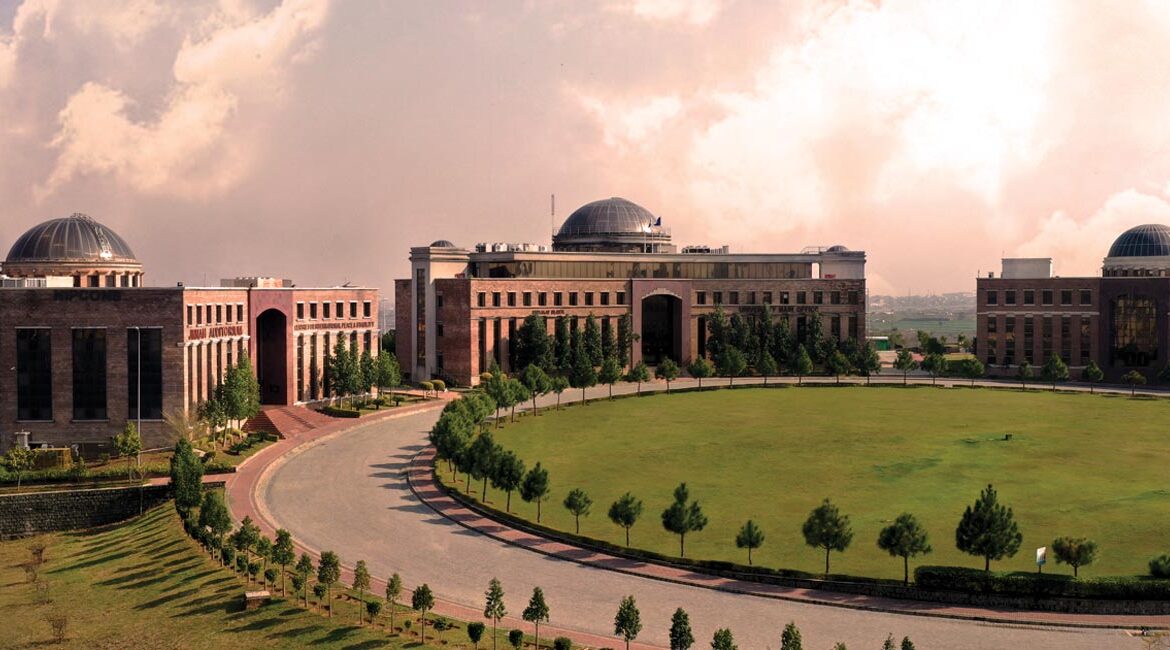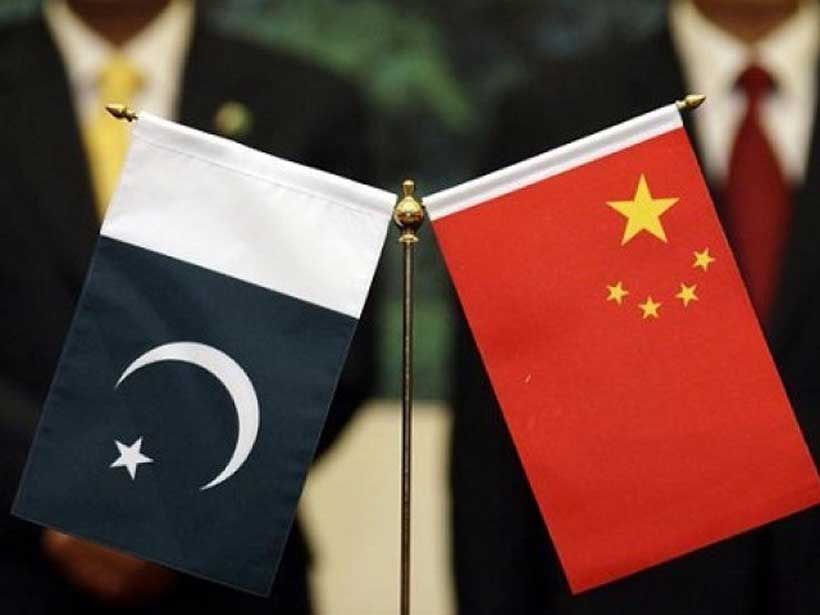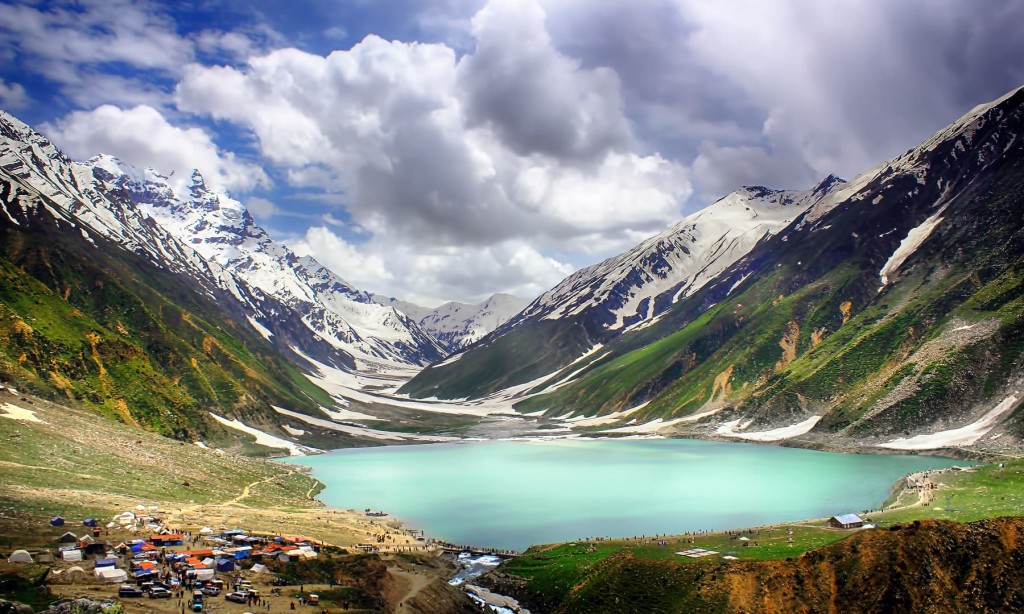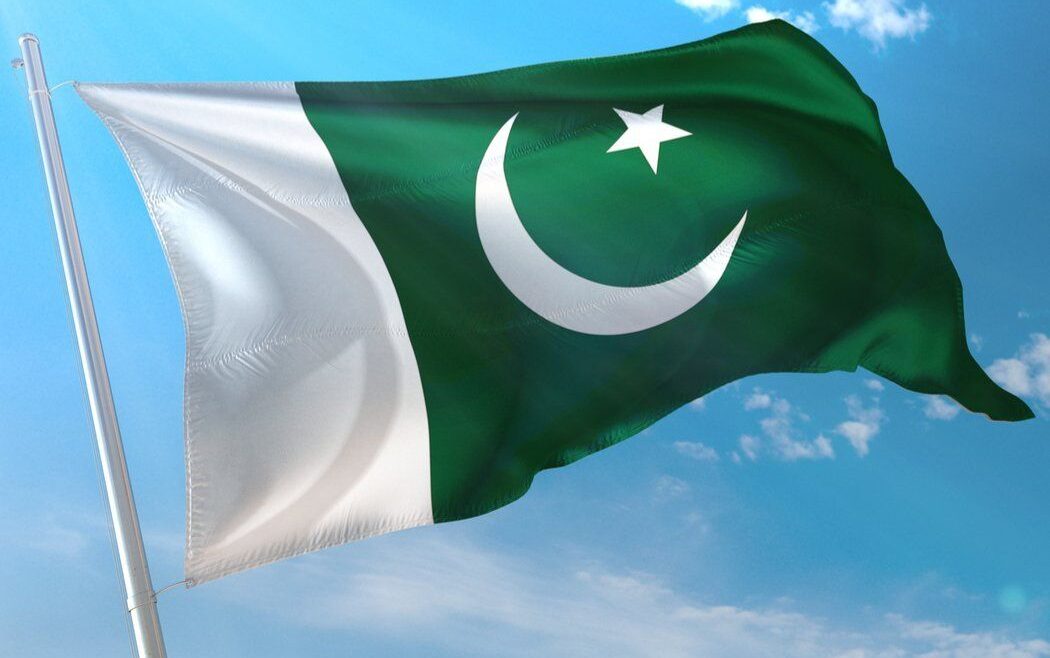A big success for Pakistan’s schools and colleges has happened! 43 smart people from the National University of Sciences & Technology (NUST) are now in the top 2% of all scientists around the world, according to a special list made by Stanford University in 2024. This list, made with help from Elsevier, shows which scientists are doing very important work in areas like making computers think like people, building things, and keeping information safe.
NUST’s steady climb on this list in recent years shows its dedication to conducting significant research that not only helps Pakistan but also greatly contributes to the worldwide scientific community.
Rising from Nine to Forty-Three: NUST’s Academic Growth
NUST’s path to this achievement has been truly inspiring. The university started on the list with just nine scientists in 2021, and this number grew to 43 this year. This significant increase shows NUST’s strong commitment to building a place that encourages top-quality research and helps researchers explore new areas in science and technology.
Additionally, NUST’s success is seen in its QS University Rankings, where it ranks 353rd globally and 64th in Asia. This accomplishment confirms NUST’s status as one of Pakistan’s top research institutions, known for both academic excellence and making important contributions worldwide.
The Impact of NUST’s Research on Pakistan and Beyond
Researchers from NUST who are listed in Stanford’s top 2% have made significant contributions across various scientific fields, pushing forward advancements that could greatly benefit Pakistan’s technology and research sectors. Their success reflects not only their personal commitment and skills but also NUST’s focus on creating a supportive environment that promotes innovation, thorough research, and critical thinking.
These accomplishments have a broader impact, helping to raise Pakistan’s reputation in the international scientific community. Honors like these motivate young scientists in Pakistan to strive for excellence and show that, with dedication and the right support, Pakistani researchers can compete with the best in the world.
NUST’s Role in Shaping the Future of Research
This recent achievement highlights NUST’s position as a top institution for higher education and research in Pakistan. With a focus on forward-thinking studies, NUST is setting a standard for other universities in the area. The university’s dedication to advancing scientific knowledge has placed it among the world’s best universities, and its researchers are making significant contributions to the fields of artificial intelligence, cybersecurity, and engineering.
NUST’s progress underscores the value of academic persistence and creative thinking. By supporting researchers and developing new talents, the university is crucial in inspiring the next generation of scientists in Pakistan and motivating them to explore new frontiers in research and technology.
Empowering Youth Through NUST and DIKNC’s Strategic Partnership
The collaboration between NUST and D.I. Khan New City (DIKNC) marks a significant step toward fostering innovation, modern education, and youth empowerment. Through this partnership, NUST is offering multiple courses that integrate academic knowledge with practical skills essential for the future. These courses, tailored to the needs of a dynamic tech-driven economy, prepare young professionals in areas like AI, data science, and sustainable engineering. By aligning with industry standards, this initiative empowers students to excel in emerging fields and contributes to the development of a skilled workforce, reinforcing Pakistan’s potential on the global stage.
Conclusion: A Bright Future for Pakistani Science
As NUST researchers keep making progress on the world stage, their accomplishments bring pride not just to the university but also to Pakistan’s scientific and academic communities. With honors like the 2024 Stanford ranking, NUST strengthens its status as a leading center for innovative research and academic excellence. This achievement is a big step forward, showing the growing potential of Pakistan’s academic sector and emphasizing NUST’s role in advancing scientific knowledge and inspiring future generations.











